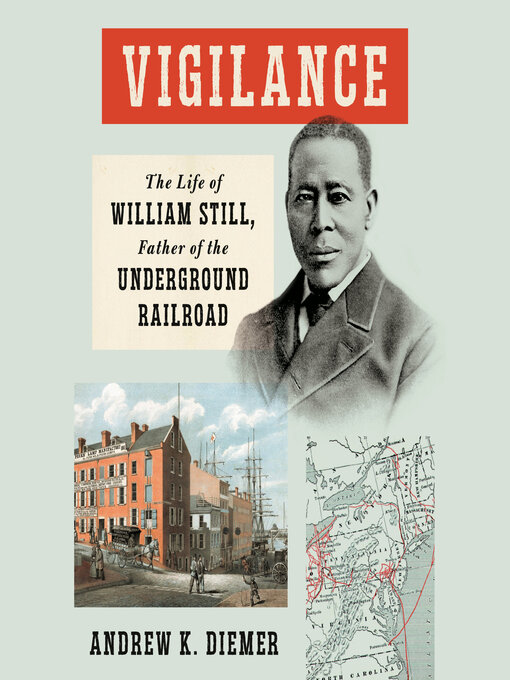Born free in 1821 to two parents who had been enslaved, William Still was drawn to antislavery work from a young age. Hired as a clerk at the Anti-Slavery office in Philadelphia after teaching himself to read and write, he began directly assisting enslaved people who were crossing over from the South into freedom. Andrew Diemer captures the full range and accomplishments of Still’s life, from his resistance to Fugitive Slave Laws and his relationship with John Brown before the war, to his long career fighting for citizenship rights and desegregation until the early twentieth century.
Despite Still’s disappearance from history books, during his lifetime he was known as “the Father of the Underground Railroad.” Working alongside Harriet Tubman and others at the center of the struggle for Black freedom, Still helped to lay the groundwork for long-lasting activism in the Black community, insisting that the success of their efforts lay not in the work of a few charismatic leaders, but in the cultivation of extensive grassroots networks. Through meticulous research and engaging writing, Vigilance establishes William Still in his rightful place in American history as a major figure of the abolitionist movement.


